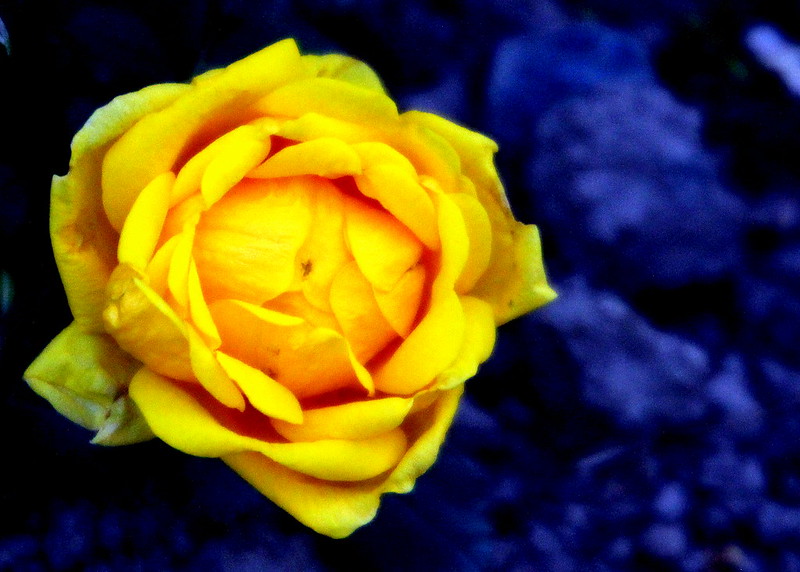The Act of Creative Ijtihad
by Farhan Shah and Jay McDaniel
Dec 1, 2019
From an Islamic perspective we live in a creative universe. Just as the Qur'an bursts forth with vibratory power, eliciting diverse responses from diverse readers in different contexts, but never exhausted in its meanings by any of its readers; so the universe is vibratory and evocative, never fully fixed by human accounts of its dynamics, whether scientific or poetic. Indeed, the Qur'an points to just this kind of universe and adds that the unity within which the universe unfolds, and from which the Qur'an arises, is the source and catalyst for this creativity. This unity is God,
One of the most promising gifts Islam offers the world, and to its own future, is creative ijtihad. By creative ijtihad we mean thoughtful, analytical, imaginative, and creative reflection that is open to the call of truth, which is one of the primary ways God is present in the world and human life. In response to this call creative ijtihad embodies a twofold freedom; it is free from dogmatism and intellectual repression, and it is free for a flourishing and fulfillment of human life. Creative ijtihad is not the enemy of faith; it is an expression of faith. Its trust in truth, its freedom to explore truth without being hamstrung by authoritarianism, and its concomitant recognition that truth is always more than any finite concept of it, is an act of faith.
Within Islam, creative ijtihad can be employed to reflect upon conventional theological issues such as the nature of God, various tenets of Islamic doctrine, the interpretation of scripture, and the challenge of religious pluralism. Within Islam and also beyond Islam, creative ijtihad can help forge inclusive and sustainable solutions to the enduring problems in the twenty-first century, that of structural injustice, poverty, resource depletion, unchecked violence, environmental devastation and an extinction of non-human species. A creative ijtihad can and should respond at least to six challenges:
One of the most promising gifts Islam offers the world, and to its own future, is creative ijtihad. By creative ijtihad we mean thoughtful, analytical, imaginative, and creative reflection that is open to the call of truth, which is one of the primary ways God is present in the world and human life. In response to this call creative ijtihad embodies a twofold freedom; it is free from dogmatism and intellectual repression, and it is free for a flourishing and fulfillment of human life. Creative ijtihad is not the enemy of faith; it is an expression of faith. Its trust in truth, its freedom to explore truth without being hamstrung by authoritarianism, and its concomitant recognition that truth is always more than any finite concept of it, is an act of faith.
Within Islam, creative ijtihad can be employed to reflect upon conventional theological issues such as the nature of God, various tenets of Islamic doctrine, the interpretation of scripture, and the challenge of religious pluralism. Within Islam and also beyond Islam, creative ijtihad can help forge inclusive and sustainable solutions to the enduring problems in the twenty-first century, that of structural injustice, poverty, resource depletion, unchecked violence, environmental devastation and an extinction of non-human species. A creative ijtihad can and should respond at least to six challenges:
- The compassion challenge: that is, the challenge to discover resources within our respective traditions and meaning-systems that are conductive to compassion, understood as respect and care for the community of life, and to live from these traditional resources.
- The repentance challenge: that is, the challenge to realise the fact that religions have been, and can be interpreted and actualised in a way that lend themselves to psychologically destructive dogmas and practises, and to repent from them, thus injecting new narratives and interpretations to their ongoing evolution and histories in a spirit of religious and cultural reconstruction. In Islam, to give an instance, the project of reconstructionism involves coming to grips with patriarchal epistemologies and practices.
- The simplicity challenge: that is, the challenge to furnish a meaningful alternative and antidote to perhaps the most powerful religion of our planet, that of consumerism. By practising creative ijtihad, it is possible to show that life can be lived frugally without the tragedy of poverty and the trapping of affluence.
- The diversity challenge: that is, to appreciate the variety of religions and cultures by respecting people of different faiths, trustful that there are a myriad of valuable forms of religious and cultural expression and that all make the complexity of the whole of life richer.
- The science challenge: that is, the challenge to enter into fruitful and open-ended dialogue with the natural “hard” sciences, recognising the epistemological power of their understandings of the universe and life on earth, while at the same time developing religious forms of looking at the world that emphasise a sacred, spiritual dimension to life itself.
- The environmental challenge: that is, to embrace and ecological outlook on life, i.e., an outlook that recognises our biological and spiritual relatedness with non-human communities of life. Such an outlook can foster environments and communities that are ecologically sustainable and protective of the earth`s inherent value, as an end in itself.

